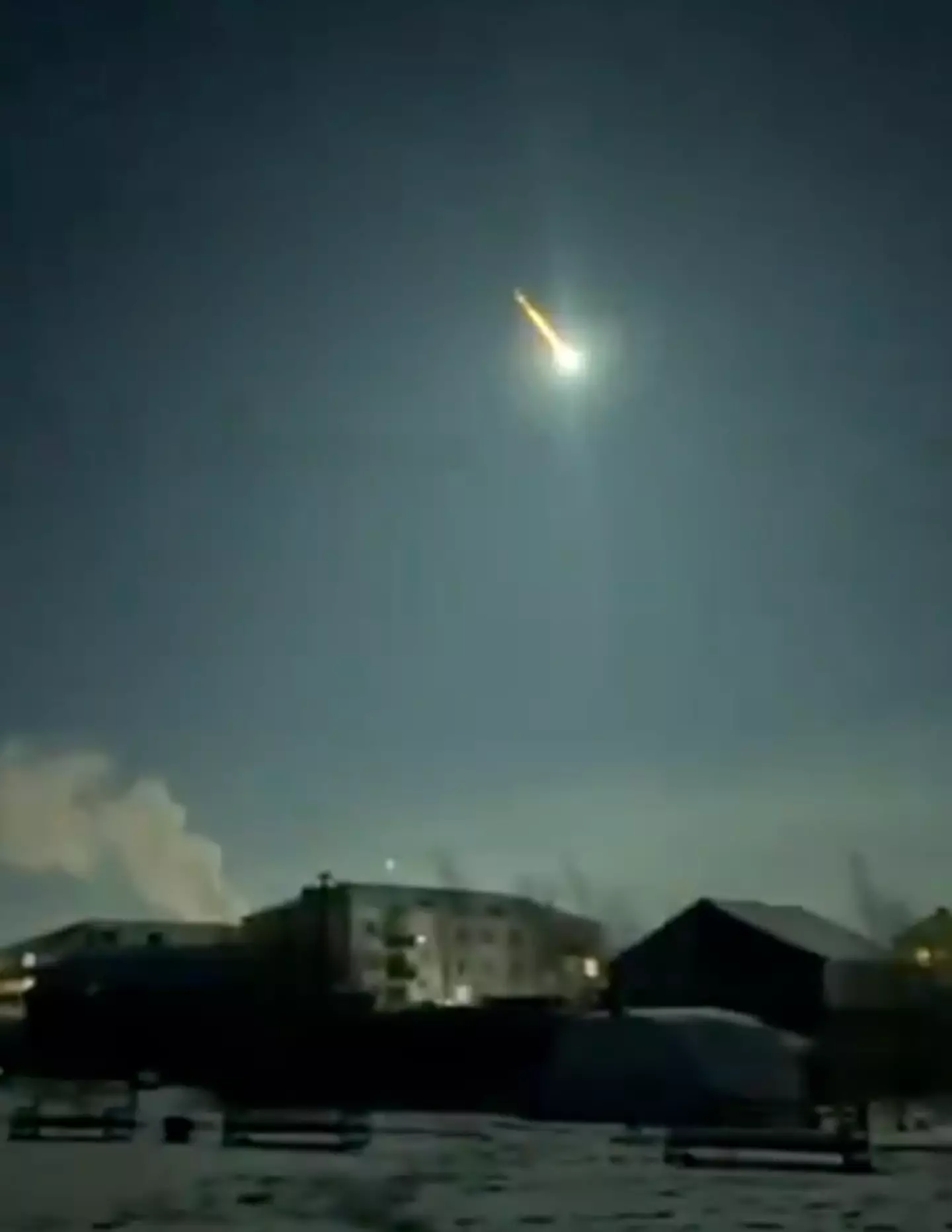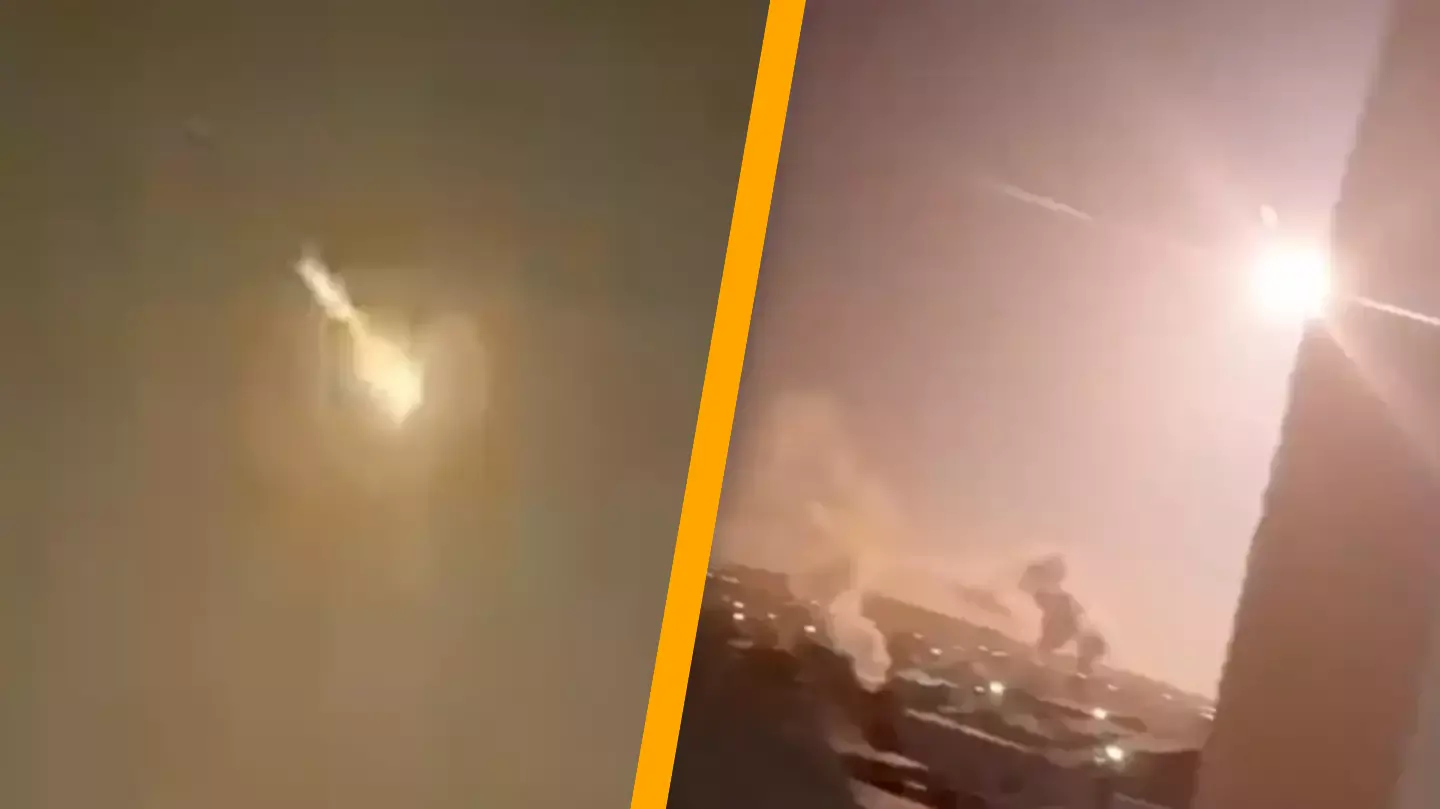An asteroid entered Earth’s atmosphere, and videos capture its fiery journey across the sky.
NASA’s Asteroid Watch announced that an asteroid would interact with Earth’s atmosphere, resulting in “a harmless fireball”.
Spectacular footage from the Russian republic of Sakha, located in northeastern Siberia, has been circulating on social media, depicting the fireball streaking through the sky on the morning of December 4.
NASA’s Asteroid Watch – part of NASA’s Planetary Defense Coordination Office, which is responsible for identifying and monitoring Near-Earth Objects (NEOs) to prevent potential future impacts – shared an update on Twitter yesterday.
The tweet stated: “At 11:14am EST, a very small (<1m) #asteroid will impact Earth's atmosphere and create a harmless fireball over eastern Russia's Olyokminsky District.
“The asteroid was initially spotted with the University of Arizona’s Bok telescope by the @NASA-funded Catalina Sky Survey and Spacewatch. The impact prediction was calculated by the Scout system at @NASAJPL’s Center for Near-Earth Object Studies (CNEOS).”
Subsequently, videos have appeared online, capturing the asteroid’s entry into Earth’s atmosphere.

Several videos posted on Telegram and later on Twitter show a bright light moving across the sky before it fades into a sparkle.
The European Space Agency (ESA) confirmed the ‘small asteroid’ was ‘approximately -70cm in diameter’ and produced ‘a striking fireball in the sky over northern Siberia’.
The Sakha emergencies ministry had been alerted to the asteroid, but thankfully, the ESA assured that the ‘impact’ on Earth’s atmosphere posed no danger and added: “Thanks to observations from astronomers worldwide, our alert system could predict this impact within +/- 10 seconds.”
It didn’t take long for people to respond to the post with their thoughts.
One Twitter user remarked: “Amazing they could pick up, track and predict something so small really.”
Another commented: “70 centimeters?!? That’s not an asteroid. That’s an asterette.”
A third said: “Woow.”
While a fourth added: “Cool.”
This isn’t the only asteroid set to pass by Earth this week; NASA’s Jet Propulsion Laboratory reports that an asteroid named 2020 XR is expected to fly by today at around 12:27am ET.
This asteroid will pass at a safe distance of 1.37 million miles from Earth, which is fortunate given its substantial size of 1,200 feet in diameter.

